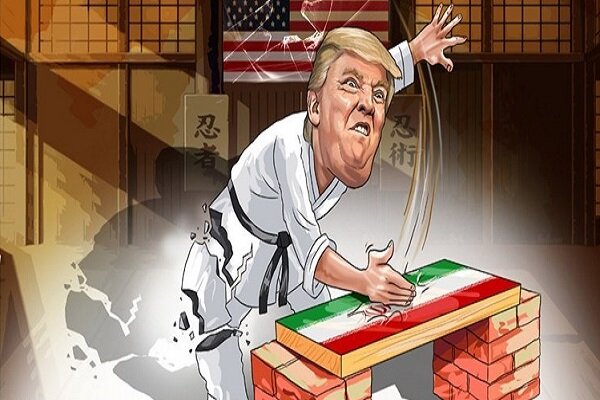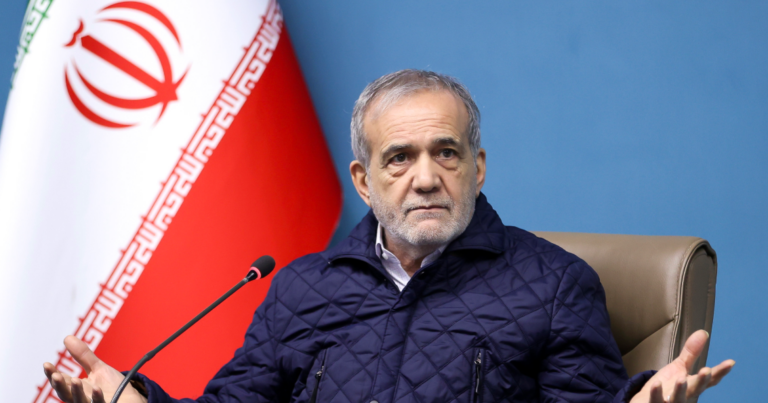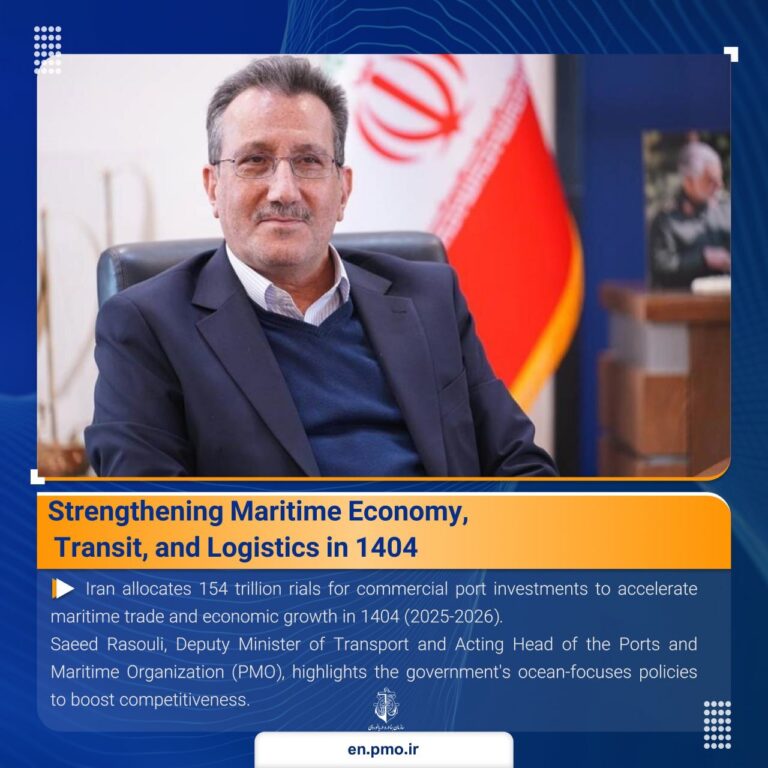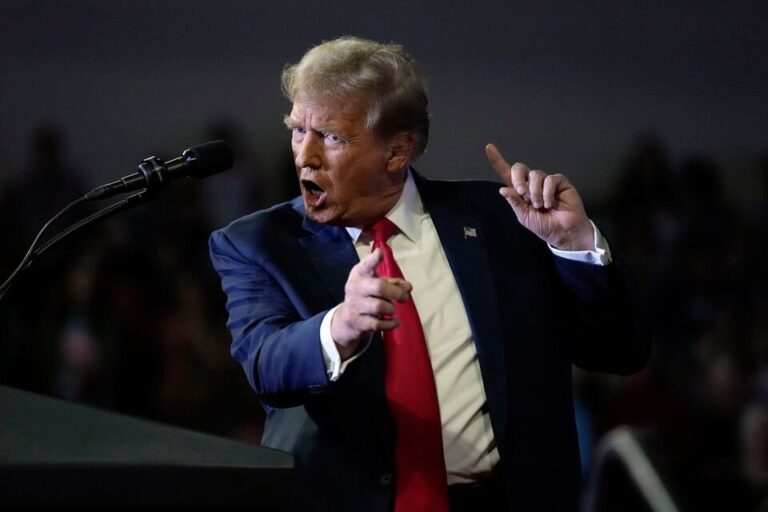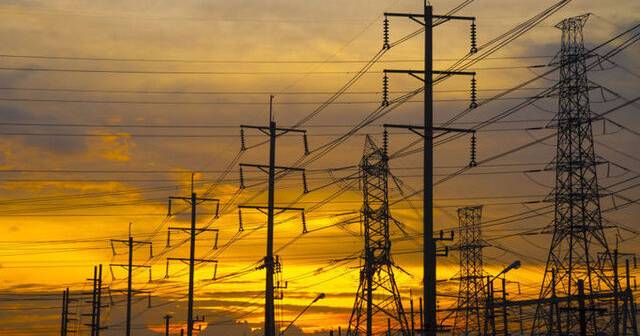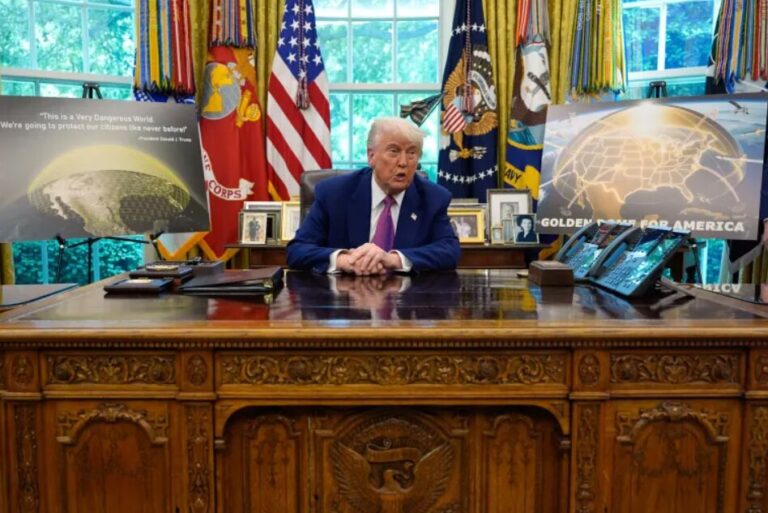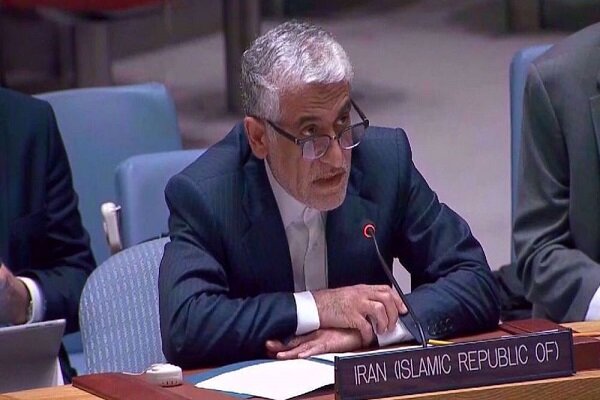US Maximum Pressure Campaign Falls Short: A Deep Dive into Its Failures
In a recent statement, Iran’s Petroleum Minister Mohsen Paknejad addressed the ongoing tensions regarding U.S. sanctions, specifically the “maximum pressure” campaign initiated by former President Donald Trump. The campaign aims to reduce Iranian oil exports to zero, a goal that Paknejad describes as an unrealistic aspiration.
Paknejad emphasized that the “maximum pressure” strategy is a failed policy that has previously proven ineffective. He expressed confidence in Iran’s ability to maintain self-sufficiency across various sectors, particularly in the oil and gas industry, despite external pressures.
Trump’s administration had reinstated the “maximum pressure” campaign through a presidential memorandum, a strategy he first launched during his initial term. Reflecting on this decision, Trump stated, “So, this is one that I’m torn about. Everybody wants me to sign it. I’ll do that. It’s very tough on Iran.”
Interestingly, Trump also mentioned the United States’ desire to negotiate a deal with Iran. “We will see whether or not we can arrange or work out a deal with Iran,” he remarked, suggesting a potential for diplomatic engagement despite the ongoing sanctions.
However, Trump’s tone indicated a sense of reluctance regarding the memorandum. He conveyed that he was “unhappy” to sign it but felt compelled to do so in order to project strength against Iran. “And I hope that it’s not going to have to be used in any great measure at all,” he added, indicating a desire for a diplomatic resolution rather than continued confrontation.
Here are some key points from this evolving situation:
- Paknejad’s Confidence: The Iranian minister firmly believes that the U.S. strategy of reducing oil exports will not succeed.
- Failed Policies: He criticized the “maximum pressure” campaign as a proven failure, suggesting that it will not yield the intended results.
- Self-Sufficiency: Iran has achieved significant self-sufficiency in its oil and gas sectors, which Paknejad highlighted as a critical factor in the country’s resilience.
- Trump’s Dilemma: The former president expressed a complex relationship with the sanctions, being aware of their harsh impact on Iran’s economy.
- Negotiation Intent: Trump’s remarks indicate that despite the pressure, there remains a possibility of negotiating with Iran.
As the situation continues to unfold, the international community watches closely. The dynamic between Iran and the United States remains tense, with both nations navigating the fine line between sanctions and diplomacy.
In conclusion, the exchanges between Iranian officials and the former U.S. administration reveal a complex interplay of pressure and potential for dialogue. Paknejad’s assertions of Iran’s self-sufficiency and resilience stand in stark contrast to the objectives of the “maximum pressure” campaign. The future of U.S.-Iran relations will likely depend on the willingness of both sides to engage in meaningful dialogue while addressing the deep-rooted issues that have led to the current state of affairs.
As these developments occur, it becomes imperative for analysts and policymakers to monitor how both nations will navigate their respective strategies in the coming months.
